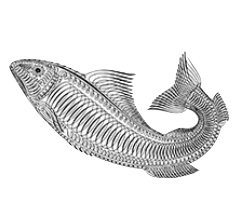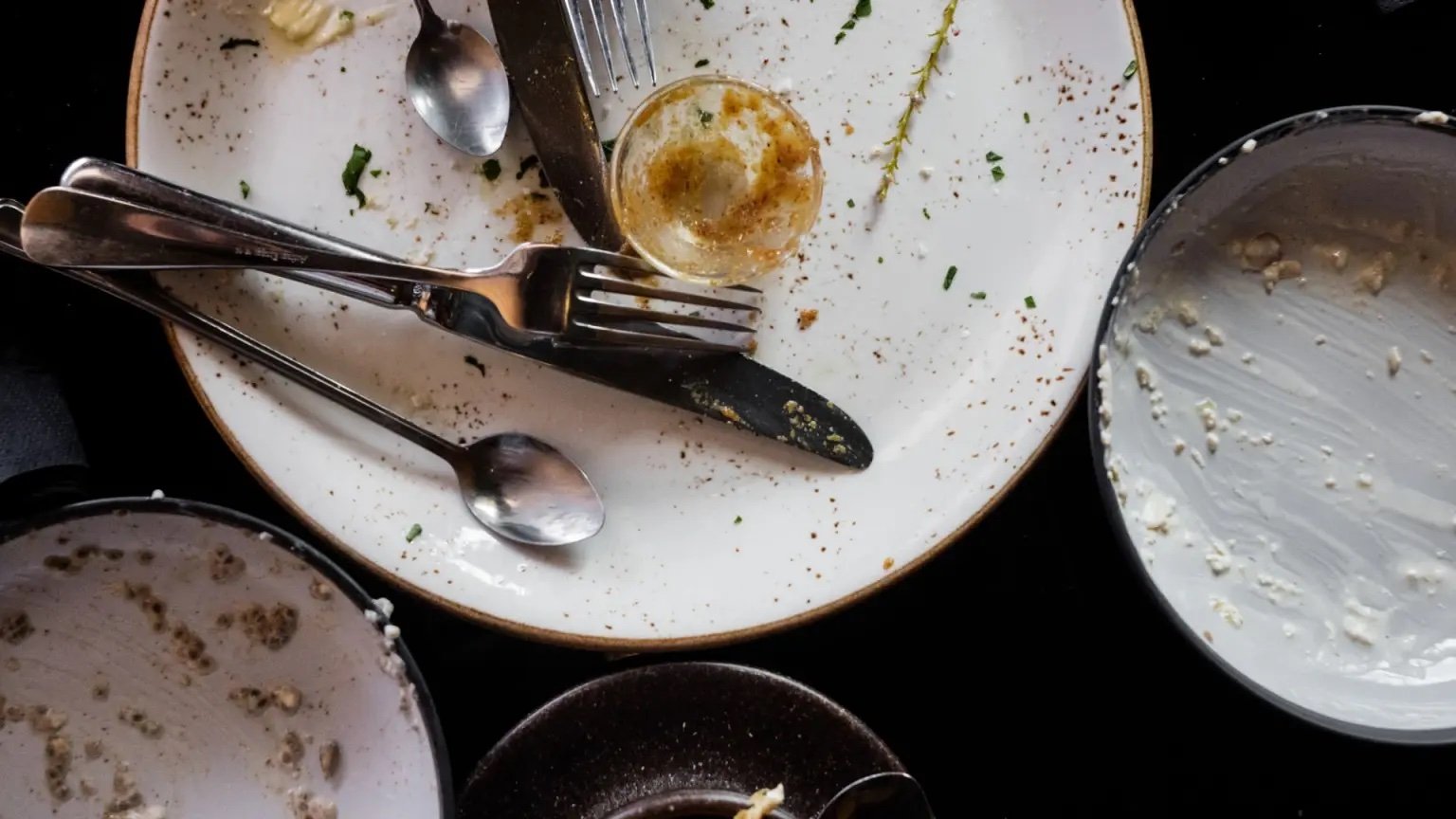Mermaid’s Cave
I had a job over the summer, not because of financial necessity but because my mother held an unshakable belief in the virtue of work. She said that I needed […]
The Loyalist
It is within reach, what I need most; creative time alone. That is, no co-educational tits occupying the airspace above my shoulder as I labor to paint them, pink as […]
Livebearer
Here is a world, black and body, a mother who is protected and timeless, a father who is her husband and stays. a midwife with hands worth more than a […]
The Winners of the 2022 Spring Contest
Columbia Journal is excited to announce the winners and finalists of our 2022 Spring Contest, which was judged by Garielle Lutz, Aaron Coleman, Colleen Kinder, and Natasha Rao. We want to thank everyone who entered the contest for sharing their work with us, as well as our four wonderful judges, and express our congratulations to the winners and finalists.
A Body
We found a body in the bathroom. It wasn’t wearing any underwear, it wasn’t wearing any clothing at all. The body was wet, face down; its arm was twisted, with the palm of its hand toward the ceiling. We could hear the shower running from the moment we entered the bedroom, or maybe even before that, from the moment we opened the apartment door using the key the building super kept on hand for emergencies. Maybe that body was in the habit of showering with the door open. Maybe it didn’t manage to close the door, or it wanted to leave the water running while walking around naked. Who knows. Here I could skip to the part where later in the hospital they told us that the body had high blood pressure, that it had suffered a heart attack, which could have been avoided if it had taken care of itself. But some memories surfaced between the bathroom and the hospital that I don’t want to gloss over.
Eel Bait
To get the eel bait, we had to take an old rowboat out to a motorboat. I had never gone fishing before. I have been afraid of eels ever since, at the age of seven, I saw one in an airport fish tank and learned from the accompanying sign that their blood is poisonous to humans. Even the name of the fish disgusts me, the yowl the word entails, the scream of it.
Marquee Days
The first twenty minutes of the match were niggly, with plenty of elbows in play. There would be purple bruises for the boys to poke at gingerly when they woke to their Sunday morning hangovers. But it wasn’t till Colum got shoved into a graceless tumble that aggression stole a yard on matters. He took a flat hand to the chest from their center forward, a ribbony ginger lad with no manners. Colum slowly two-stepped his way to a fall near the penalty spot. He stayed sitting there for a few beats too long, and I was walking over with my hand out to help him to his feet when I saw the look on his face. Did you ever see a baby who’s taken a bump or been annoyed in a way that’s fresh to them, when they can’t make up their small mind whether to wind up for a bawl or just laugh? The flickering mood on his face set me worrying. Colum’s a large lad and when he falls you’d want him to fall on the right side of the bed, otherwise no one’s having a nice morning. I took my hand away and moved it up to my hair, but he’d already seen it. […]
Hazards
I have started choking. Kung pao chicken. Rib medallions. Cheap steak. Sometimes I can wait it out, arms up, breathing deep, until the lump is gone. I can finish my meal. Sometimes I vomit. Two fingers. The tongue’s spongy heel. Last night my wife, Grace, woke up the baby to drive the three of us to the emergency room so the nurse could wake up a specialist to use her flexible camera to shove the chicken chunk deeper down my gullet. I was embarrassed and frustrated and hungry.
The Most Beautiful Animal in the World
I already know what I’ll do. If Cedil doesn’t come back by the end of the year, I’ll go to my grandmother’s sitio. I’ll get a heifer, raise its calves, and ride around on my horse. Each day there’ll be plenty to do, and that’s better than hanging around here like a fool, dreaming about the island the rest of my life, remembering the games we used to play there, the things Cedil and Tenisão said, even the times we were terrified, like the day the raft almost sank with the three of us on it.
60 for 60: This Should Explain It
Published in the 2017 issue of Columbia Journal, Ottessa Moshfegh’s “This Should Explain It” sketches an imperfect mother to an imperfect daughter and spares neither from the harsh light of abjection that has become the hallmark of her work. Here, Moshfegh dredges the well of memory with ample quirkiness, pulling from it a tangle of grief, love, and strangeness that besets a daughter in the wake of her mother’s passing. In short: this should explain it.
60 for 60: No Names
In Justin Taylor’s elegiac short story “No Names,” a narrator reflects on his ephemeral but meaningful connection with a deceased poet. His recollections coalesce around a single evening in which the narrator shared a table with the poet at a neighborhood bar, surrounded by fellow writers with whom they drank, chain-smoked, and chatted about nothing in particular.
60 for 60: November Morning
Joyce Carol Oates wrote herself into literary posterity with the 1966 release of “Where Are You Going, Where Have You Been?,“ a story told from the perspective of a teenager coaxed out of her house by a smooth-talking man and loosely inspired by the Pied Piper of Tucson murders. Likewise, this story—“November Morning”—boasts a young protagonist whose childhood is invaded by grim adult themes when his mother drags him and his siblings off to identify the dead body of her estranged husband.
60 for 60: Learning Chinese
As a mixed-race young woman, I find myself at all times both within and without my culture. For a long time, my ancestral background seemed to color my skin but not my personal life. Likewise, the narrator in Katherine Charriott Hou’s short story “Learning Chinese” comments that she, “…was thirteen years old when she became half Chinese.” Throughout this softly funny and subtly tragic piece, the narrator learns the cost of forced American socialization when her mother suddenly cannot speak English anymore. Together the unnamed narrator and her father immerse themselves in learning Chinese culture and language to accommodate the mother.
Excerpt from Beautiful Abyss
Yes, sir? You’re kidding, right? You can rough me up like the other guys, but I’m not going to call you sir. Dream all you want, I won’t say it, I’m not your dog. Mister Bakouche is all I owe you, and that’s just because I don’t know you. Maybe once we get better acquainted, I’ll end up calling you a total prick.
The Voice by Sabahattin Ali
By Sabahattin Ali
Translated Aysel K. Basci
Translator’s Note: Sabahattin Ali’s short story, “The Voice,” is representative of the author’s thematic concerns. It describes an encounter between two educated urbanites and a village troubadour (ashik, in Turkish), through which the author highlights the incompatibility of the aesthetic ideals of the educated and more sophisticated elite living in Turkish cities and those of Turkish villagers in rural Anatolia.
60 for 60: The White Fox
Young adults who move back in with their parents after a period of living independently are known as “boomerang kids.” Once the subject of moral consternation by a commentariat convinced that excessive avocado-toast expenditures are all that stand between debt-burdened millennials and home ownership, “boomeranging” is no longer considered a troubling generational trend, but a fact of life. The Pew Research Center reported that, in February 2020, nearly half of all 18- to 29-year-olds in the U.S. lived with one or both parents. In the months that followed, the disruptions of the pandemic meant that the percentage of young people in the U.S. living at home broke a record set during the Great Depression.
The Elizabethan Sonnet
My teeth hurt. A sip of cold water or a quick breath on an icy day was enough to make me wince. I compared my smile to the way it looked in old pictures: the gums were definitely receding.
60 for 60: The Invisible Circus
If, like me, you’re eagerly awaiting the release of Jennifer Egan’s latest novel The Candy House next month, you’ll appreciate how serendipitous it felt to find this excerpt from her debut novel in the Columbia Journal archives.
60 for 60: Details
I think often about grief writing and almost always in relation to how a professor once told me to underwrite grief, that to downplay it was the most effective way to portray the condition.
Chapter 1 from Djinns
Hüseyin… Do you know who you are, Hüseyin, when you see the shining contours of your face in the reflection on the balcony door? When you open the door, stride across the balcony, and a warm breeze caresses your face and the setting sun glimmers between the rooftops of the apartments in Zeytinburnu like a giant tangerine? You rub your eyes. Maybe you’re thinking—maybe every obstacle and every conflict in this life was only there so that, one day, you could stand up here and know: I’ve earned this for myself. With the sweat of my brow.

















































